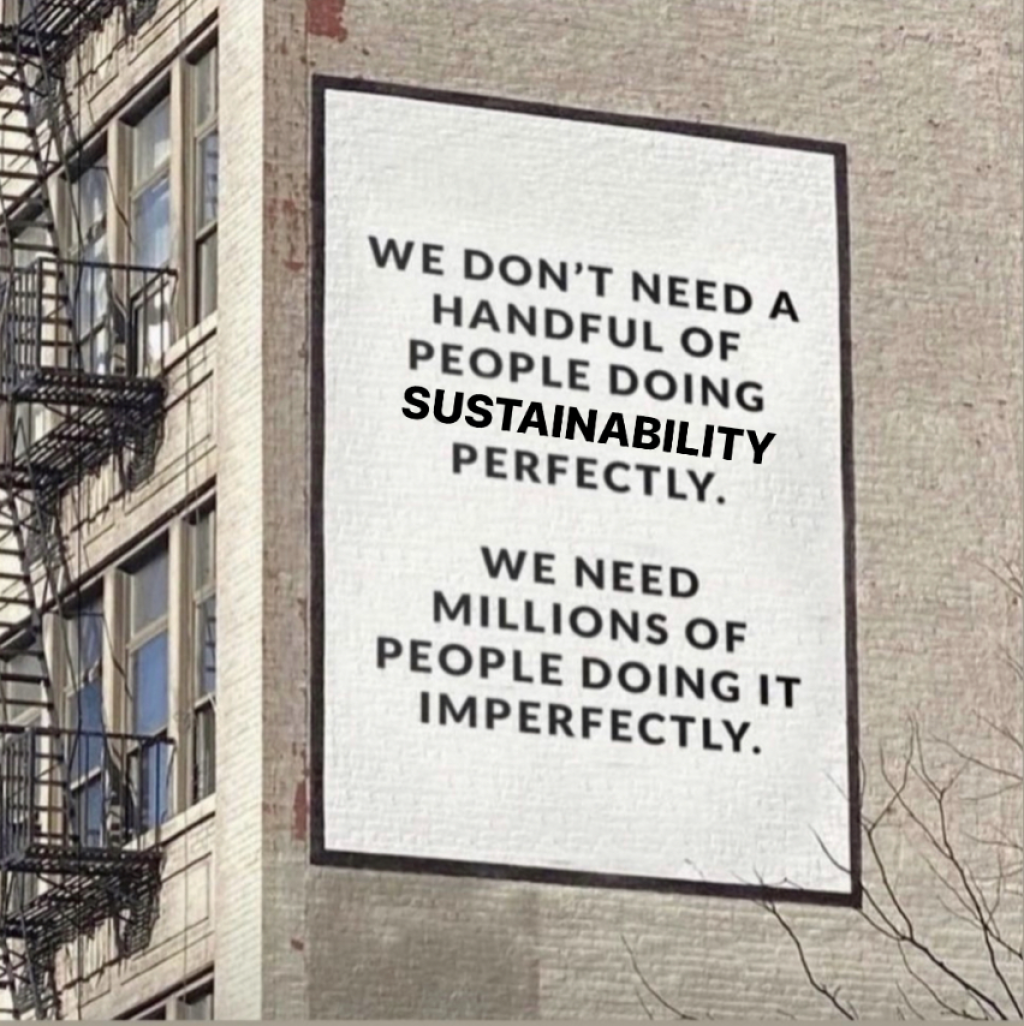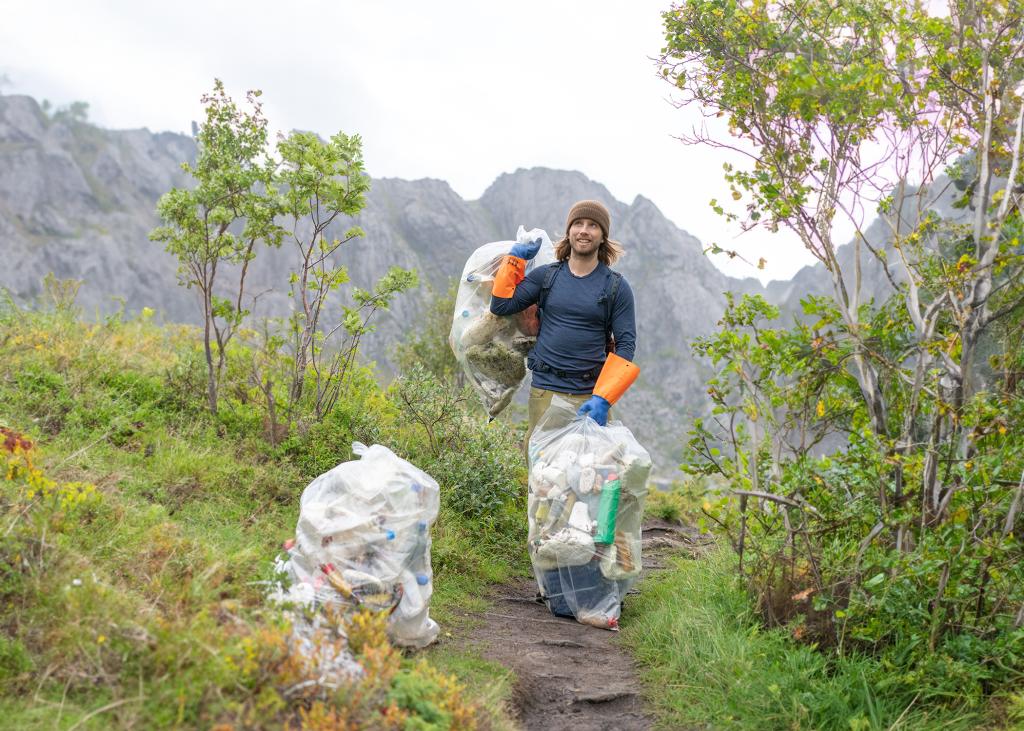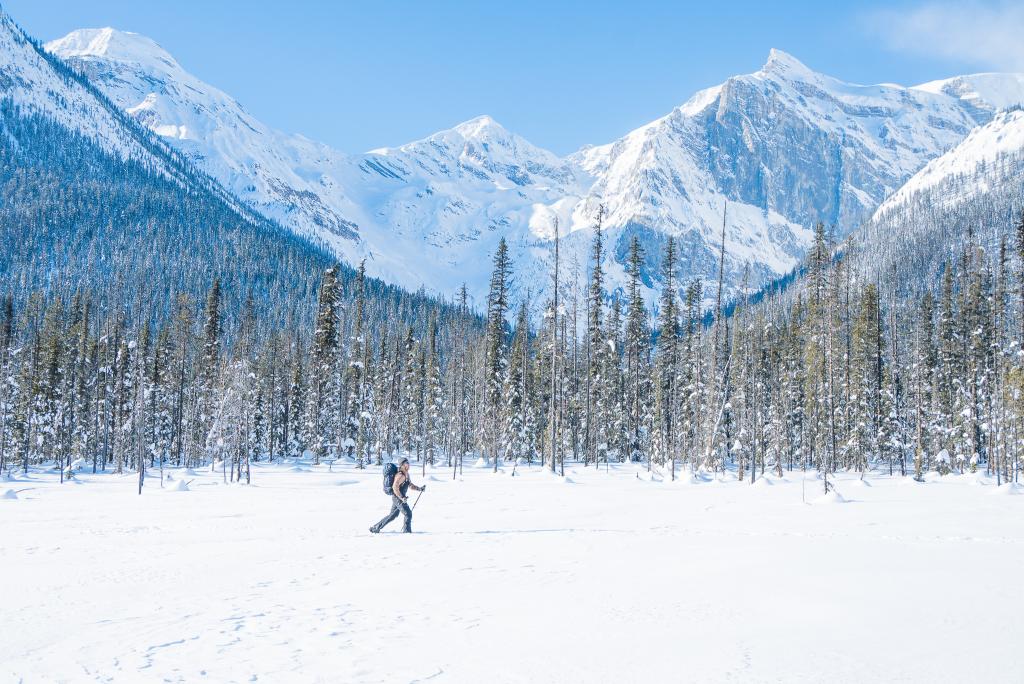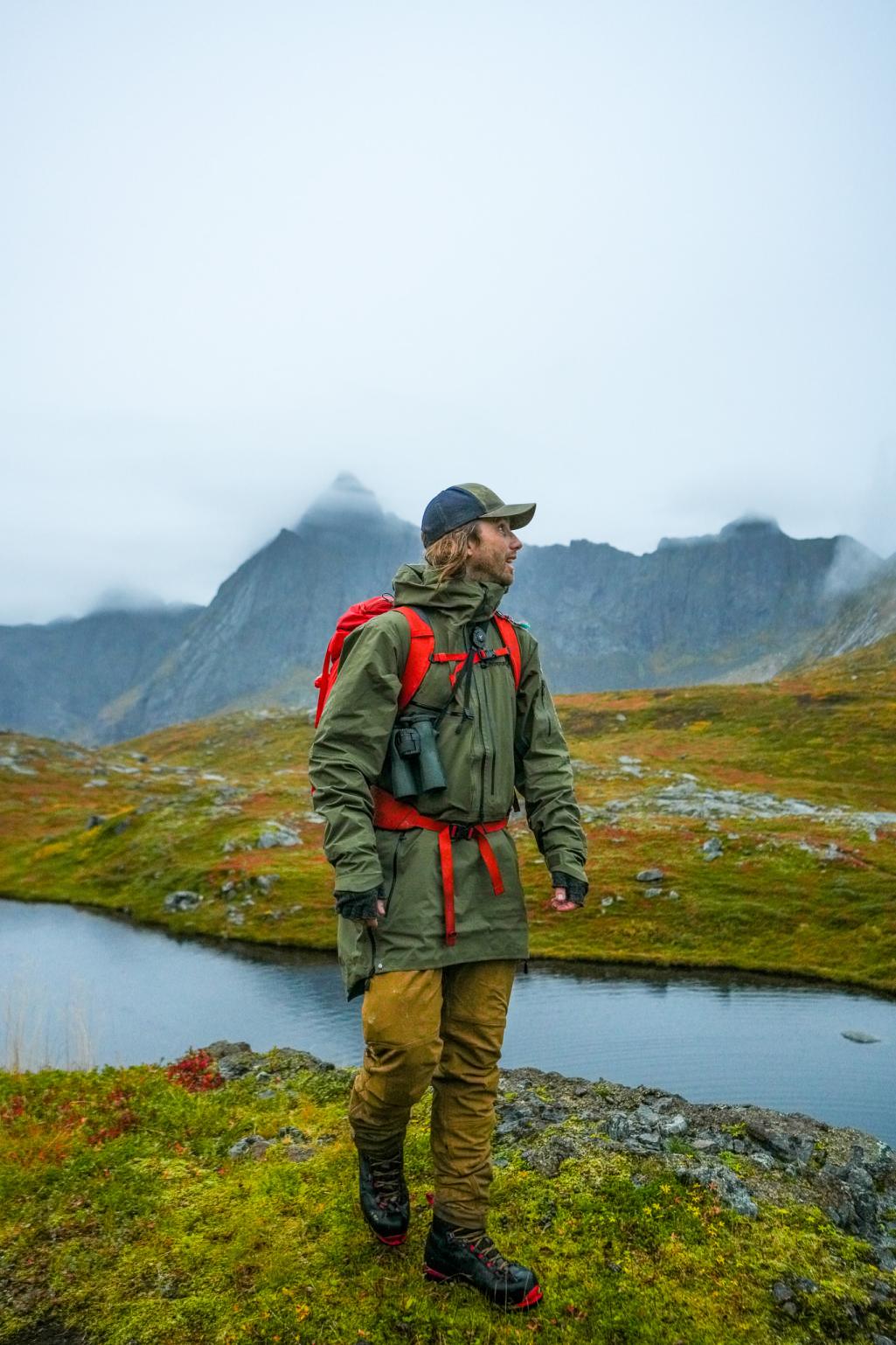A brief history of Earth Day:
On December 24th, 1968, NASA astronaut of the Apollo 8 mission, Bill Anders, leaned up to the window of their spaceship and snapped a photo that would change the future of our home planet. In that moment, the photo titled “Earthrise” became the first image showing our blue planet amongst the vastness of the galaxy and deep space. Anders explained that for the first time, “people realized that we lived on this fragile planet and that we needed to take care of it…”
55 years have passed since this watershed moment, which many credit for propelling the environmental movement that inspired the first Earth Day in April, 1970 and later the establishment of important environmental safeguards like the United States' Environmental Protection Agency and a series of critical protections such as the Clean Water Act. The reverberations of this photo and the collective impact this newfound perspective had on the global consciousness sprouted the modern environmental movement we know today.
Earth Day and where you and I fit in:
There has been a common misconception and misguided notion that if we are to have a positive impact on our home planet, we need to be perfect, free of impact. This couldn’t be further from the truth.

While there are certainly macro forces at play shaping the future of our home planet, fueling the climate crisis and ecological unraveling affecting nature near and far, it’s worth reminding ourselves that we start each day with the potential to have tremendous impact. Time and again, people have shown that together we can alter the course of history. And perhaps now more than ever, our home planet needs people like you and me to chip in and help curb the climate crisis, protect nature and the systems that make life on earth possible. If you need a reminder that you and I can have a tremendous impact for good on planet earth, consider these words by the celebrated primatologist, Jane Goodall:
“What you do makes a difference, and you have to decide what kind of difference you want to make. The greatest danger to our future is apathy. You cannot get through a single day without having an impact on the world around you.”
Where to start?

Charles hauling marine pollution after a beach clean up in a remote fjord in the Norwegian Arctic.
Smell the flowers. Connect with nature. Pick up a piece of litter along the trail. Thank a tree for sequestering carbon and exhaling fresh air for us to breathe. Thank the soil for feeding us and the birds for filling the sky with their song. Also, take a look at your lifestyle. Think about the places where you could reduce your negative impact while increasing your overall positive impact.
This might be by reducing the number of long haul flights you take each year, or keeping your GORE-TEX gear in good shape through a mindful care routine so that they have many more seasons of adventure ahead of them. It could be as simple as learning the name of your favorite animals, because we protect what we love. These actions add up. Encourage your friends and family to take care of their GORE-TEX gear, carpool or plant a veggie garden in the backyard or an herb garden in your window, and you’ll be scaling your impact. By inviting others to join the groundswell we can increase our personal positive impact substantially. We can influence our communities, workplaces and the brands we support, too. This will scale our impact in the most fantastic ways.
Why washing, caring for and repairing your GORE-TEX gear is important
When we keep our GORE-TEX gear in top shape we are making a statement about our personal environmental ethic and sustainability journey. The way we care for our gear is a reflection of how we care for nature. If we hope to have a positive impact on the planet this Earth Day, consider the net impact of your actions across all of your decisions and behaviors, from what you eat, your preferred transportation methods, how you vote with your voice, dollars and food you eat. Each of these seemingly small, insignificant decisions add up and shape your overall environmental impact.
A well cared for GORE-TEX jacket can last years and years. The key to longevity is wash, care, repair and recognizing that a tremendous amount of resources went into the production of this product. Every GORE-TEX product is designed with durability, repairability and longevity incorporated into every aspect of the product. But it’s up to us to help each product live a long, adventure filled life. In doing so, we help ensure that the raw materials and resources, time and energy applied to the manufacturing of each product are respected, and that in time, with care, the jacket is able to weather many seasons in the elements - just as it was designed to.
On this Earth Day here are some quick and easy actions you can take to have positive impact for years to come:

GORE-TEX brand ambassador, Charles Post, on a backcountry ski trip in Jasper National Park, Canada (Photo: Rachel Pohl)
● Properly care for, wash and repair your GORE-TEX gear
○ If you’re looking for a more in depth breakdown on how to properly care for your GORE-TEX gear, here’s a detailed article with step by step instructions, here
● Use your time to connect with nature:
○ Learn the names of plants and animals. When we know their names we place value on them.
● Introduce someone to nature:
○ Mentorship is often a barrier to entry. As Sir David Attenborough once said, “If children don’t grow up knowing about nature, and appreciating it, they will not understand it, and if they don’t understand it, they won’t protect it, and if they don’t protect it, who will?”
● Vote with your wallet:
○ Customer demand drives supply. Are your values reflected in the brands you support?
● Vote with your diet
○ Plant a garden. Connect with your meals. Support agriculture with values you align with.
● Vote with you voice
○ Shape social norms by making the protecting of nature relevant, valued among your peers.
● Live a lifestyle that not only reduces negative impacts but also increases positive impacts
○ Reduce your negative impact: Support ecologically mindful companies, bike to work, turn porch lights off and help nocturnal pollinators like moths and migratory birds who can be disoriented by light pollution. Avoid single use plastics (Studies suggest there will be more plastic than fish in the seas by 2050!)
○ Increase your positive impact: Plant pollinator friendly plants, participate in a beach or river clean up, or set up a bird or bat house!

GORE-TEX brand ambassador, Charles Post, wearing the Norrøna GORE-TEX Pro Lofoten anorak on a hike in the Norwegian arctic.





